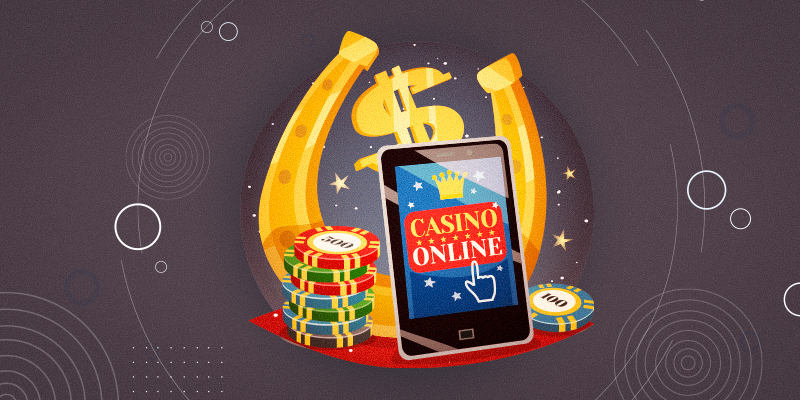Welcome to another article on the Golden Reels blog. The millennials are one of the largest socio-demographic groups; approaching the age when people are most solvent. This generation of those born between 1980 and 2000 already influences the consumption of goods and services, and their influence is likely to grow. Thus, millennials are forcing companies to rethink the way they do business and find ways to solve the problem of the consumer generation. Casino owners and game manufacturers also see this population as an opportunity to increase their income as customers who will sustain their businesses for decades to come. Millennials, or Generation Y, are people who are now in their second or third decade and often have higher incomes than the previous generation at their age. They have grown up in the Internet age, a time of technological change and globalization. As a result, their behavior and life experiences are different from previous generations.
The older generation is used to the fact that playing slots often does not require any special skills or interaction with other people. Slot machines are simple and easy to use, have the appropriate license and bright graphics. But if you go to any casino today, you'll see how different the preferences of different ages are. The younger generation would like to play those games that will be similar to the games of their childhood – Xbox, PlayStation, mobile and computer games, but the goods in the gambling market have not changed much and can not meet the demands of these people. Industry experts say casino owners and game makers should rethink their strategies if they want to attract this young audience.
Skills-Based Gaming
In Las Vegas in September, the Nevada Gaming Commission approved innovations in gambling regulation that would result in slots now being able to contain elements of skill-based games and arcades. Both state legislative chambers passed the bill in May.
Skill-based games are nothing new to the casino industry, and often guarantee a player a certain payout percentage that will depend on his or her skills applied during the bonus round of the slots game.
In 2008 Bally Technologies Inc had a game called Pong. If you played it and won the bonus round, you got a 92% payout. But according to the legal rules at the time, you could get up to 4% through skill. This meant that you could play a small game against the computer. If you won, you got up to 4.
Every casino operator knows that attracting the millennial generation is very important to the success of the business. Even though many casinos have created a new image for themselves with fancy parties and nightclubs that cost tens of millions of dollars to build, they still need to find ways to attract the millennial generation beyond the small number of table games such as blackjack that are already available.
Feeding the industry
The problem with skill-based games is that if you create a product that is similar to a game the user already knows and loves, but which is set up differently, the player will not come back to it again. On the other hand, if you create a slot in which the casino loses, the gambling establishments won't buy it. So in effect we are talking about a special game within the slot based on skill. However, all over the world, we have seen an increase in the popularity of games like craps, because the younger generation of players really likes these kinds of collective games.
Some analysts suggest that the gambling industry's chosen course toward skill-based slots will revitalize the market and attract younger users, but not in the next couple of years.
Millennials spend more time and money on food, drinks and entertainment while visiting casinos than on the gambling itself. Citing a study conducted on behalf of the American Gaming Association, Alex Bumazhni said that the generation of millennials love going to casinos, but spend less at the gaming sites. Redesigning gaming venues may be one way to attract younger visitors. Existing venues can experiment with seating areas, bars and other isolated areas that can be modernized to attract the two-thousand-year-old generation
Social Gaming
Land-based casinos and game makers have shown increased interest in social gaming in the past year. Analyst Robert Shore noted that although the social gaming industry is new, it already occupies a $2 billion market sector.
Last year, then-independent casino equipment manufacturer Bally Technologies paid $100 million to buy Israeli Dragonplay Ltd, which developed software for social online games. In addition, it created games for several online platforms.
Other manufacturers are developing free online versions of their many successful slots. Aristocrat Leisure Ltd, an Australian slot machine development company, has created the Heart of Vegas software application consisting of 11 games common in land-based casinos. This app is available on a variety of platforms, including Facebook, iOS and Android.
Other companies are developing online systems designed for mobile gaming. Betcade, which opened Sept. 1, is positioning itself as the first gambling app store for Android. According to the company, it offers features and user experiences that are similar to those provided by Apple or Google stores.


















